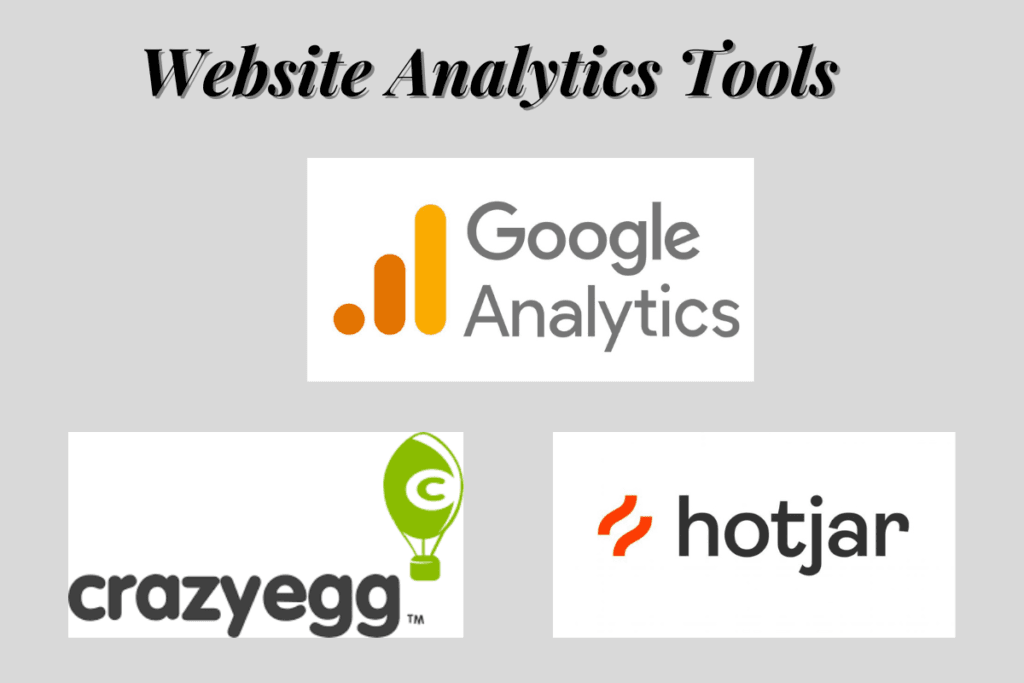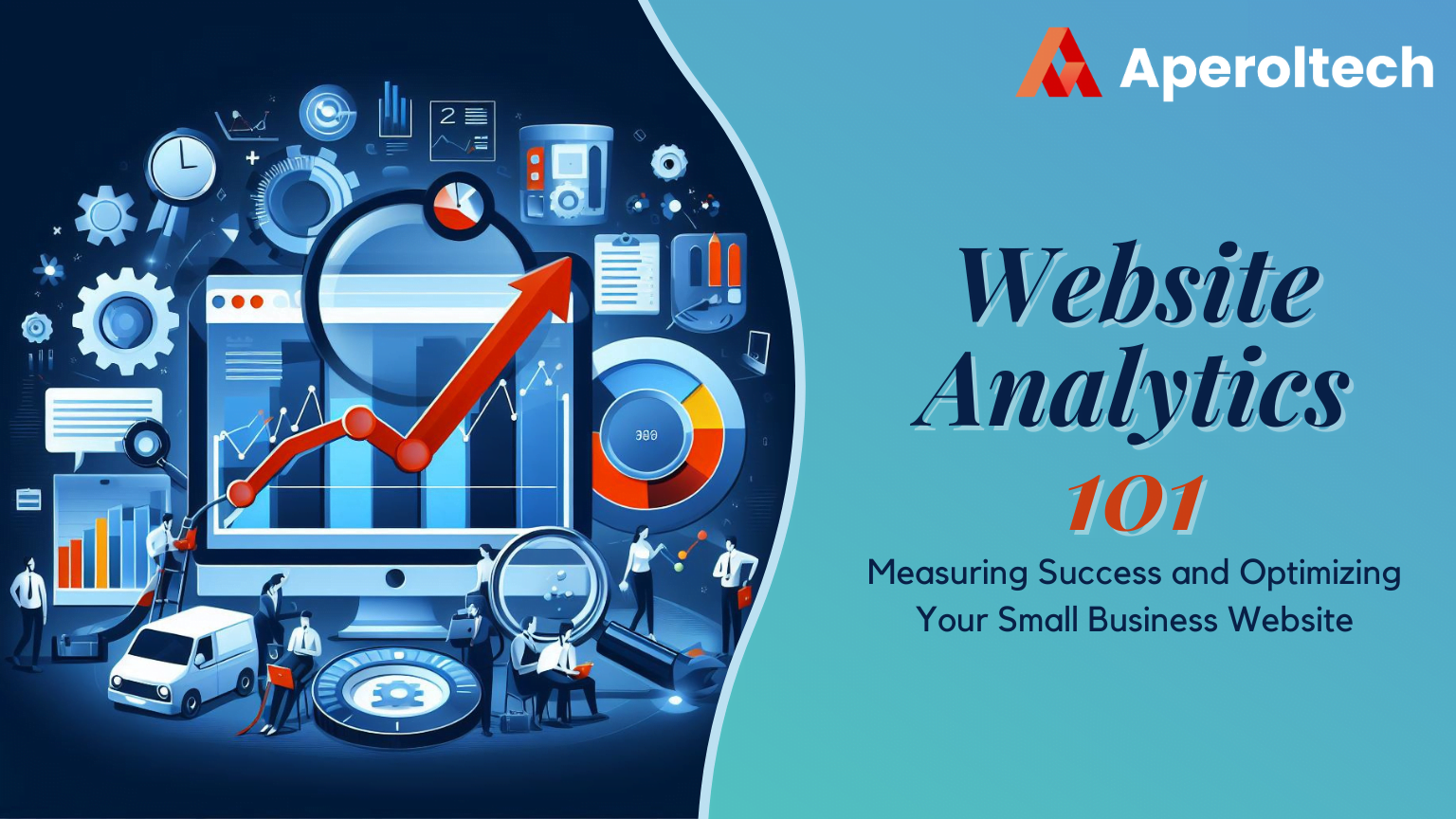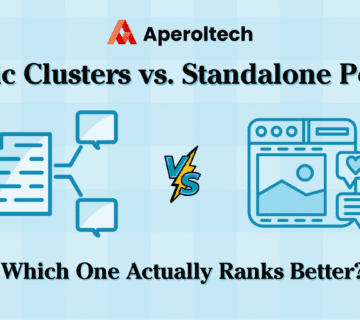This comprehensive guide empowers small businesses to harness the power of website analytics. You can transform your website into a lead-generation machine by understanding user behavior and key metrics.
Why Website Analytics Matter for Small Businesses
In today’s digital landscape, a website is often a small business’s primary storefront. But how do you know if your website attracts the right visitors and converts them into customers? Website analytics provides the answer.
Website analytics tracks user behavior on your site, revealing valuable insights like:
- Traffic sources: Where are your visitors coming from (search engines, social media, etc.)?
- User engagement: How long are visitors staying on your site? Which pages are they most interested in?
- Conversions: Are visitors taking desired actions, such as making purchases or contacting you?
By leveraging website analytics, you can:
- Measure the success of your marketing campaigns.
- Identify areas for website improvement.
- Optimize your website for better user experience and conversions.
- Gain valuable customer insights to inform future marketing strategies.
Getting Started with Website Analytics

Several user-friendly website analytics tools are available, many with free tiers perfect for small businesses. Popular options include:
- Google Analytics (free)
- Hotjar (free and paid plans)
- Crazy Egg (free and paid plans)
Once you’ve chosen a tool, follow these steps to get started:
- Set up your tracking code: This code will be provided by your analytics tool and needs to be added to your website’s code.
- Define your goals: What do you want visitors to achieve on your website (e.g., make a purchase, download a brochure)?
- Set up conversion tracking: Track specific actions users take that indicate they’ve achieved your goals.
Key Website Analytics Metrics for Small Businesses
Now that you’re set-up, let’s explore some key website analytics metrics to track:
- Traffic:
- Sessions: The total number of times users visit your website.
- Users: The total number of individual visitors to your website.
- Pageviews: The total number of pages viewed on your website.
- User Engagement:
- Average Session Duration: The average amount of time users spend on your website.
- Bounce Rate: The percentage of visitors who leave your website after viewing only one page.
- Pages per Session: The average number of pages users view during a session.
- Conversions:
- Conversion Rate: The percentage of visitors who take a desired action (e.g., complete a purchase).
- Goal Completions: The total number of times users complete a specific action.
Optimizing Your Website Based on Analytics
Website analytics provides a wealth of data, but it’s what you do with it that truly matters. Here’s how to use your data to optimize your website:
- Identify low-performing pages: Analyze pages with high bounce rates and low session duration. Consider improving content, navigation, or call to action (CTA) on these pages.
- Improve user experience: Address user behavior patterns to identify areas where visitors may be confused or frustrated. This could involve optimizing navigation, improving page load times, or making calls to action more prominent.
- Target specific audiences: Use website analytics data to tailor your website content and marketing messages to specific audience segments.
- Optimize for conversions: Analyze user flow to see where visitors drop off during the conversion funnel. Streamline the process and make CTAs clear and compelling.
- Test different website elements: Use A/B testing to compare different versions of website elements (e.g., headlines, and CTAs) and see what resonates best with users.
How Aperoltech Can Help
Optimizing your website for success requires a data-driven approach. At aperoltech, we provide comprehensive SEO and digital marketing services to help small businesses leverage website analytics to:
- Develop a data-driven website strategy aligned with your business goals.
- Implement website analytics tools and track key performance indicators (KPIs).
- Analyze website data to identify areas for improvement.
- Develop and implement website optimization strategies to increase website traffic, engagement, and conversions.
Our agency goes beyond website analytics. We offer a comprehensive suite of digital marketing services to help your small business thrive online. We can help you with:
- Search Engine Optimization (SEO)
- Pay-Per-Click (PPC) advertising
- Social media marketing
- Content marketing
- Email marketing
Conclusion
Website analytics empowers small businesses to make data-driven decisions that improve their website’s performance. By tracking key metrics and taking action based on your findings, you can attract more qualified leads, convert more visitors into customers, and ultimately achieve your business goals.
Ready to unlock the power of website analytics and take your small business website to the next level? Contact aperoltech today for a free consultation!
Bonus Tip:
Regularly review your website analytics data and make adjustments as needed. Remember, website optimization is an ongoing process.




No comment